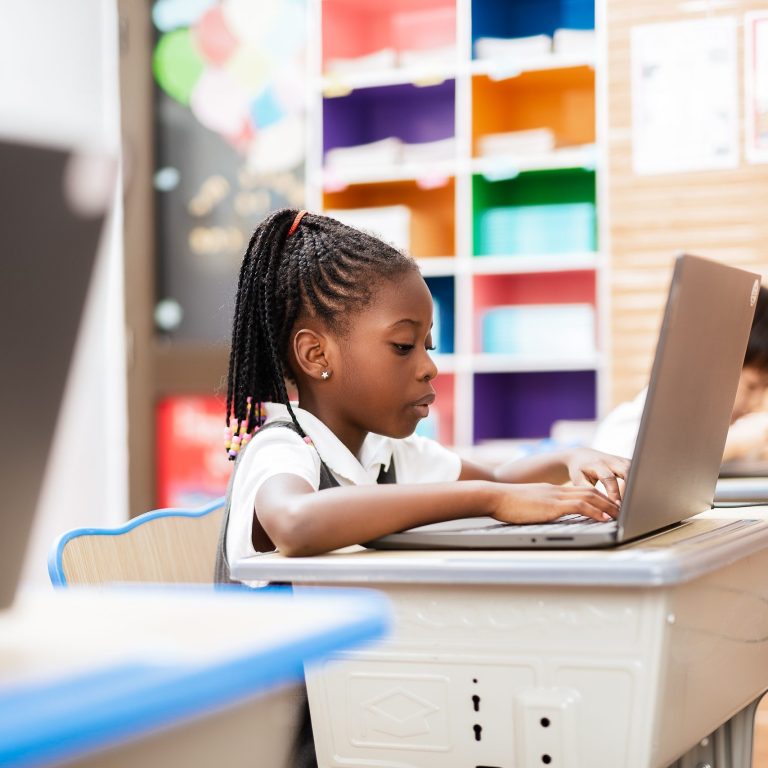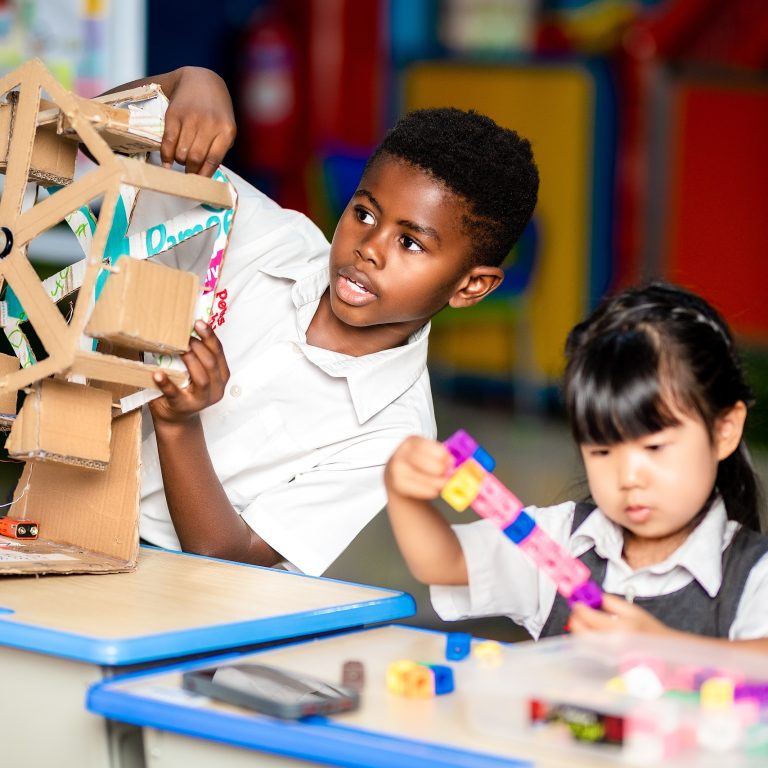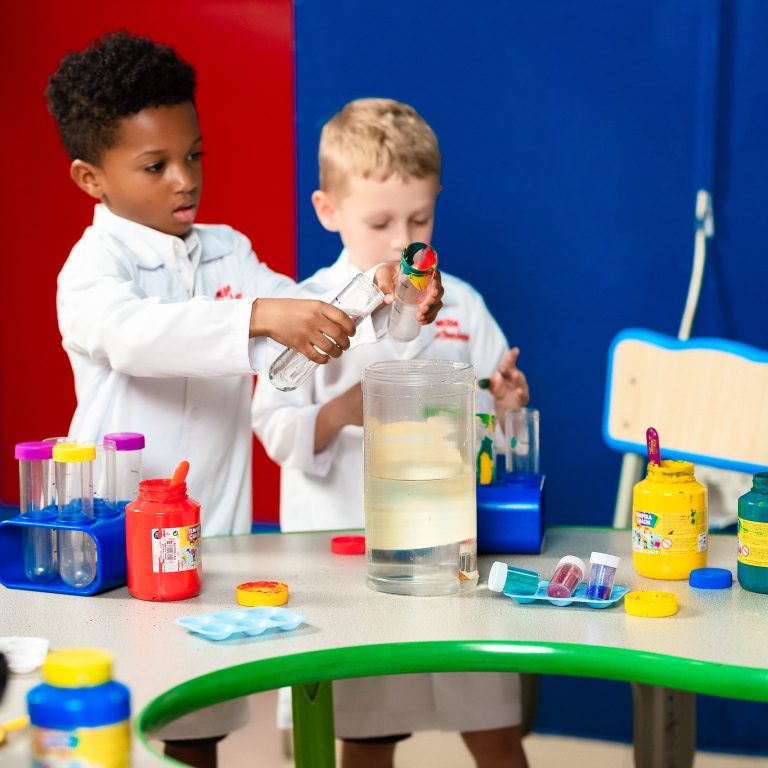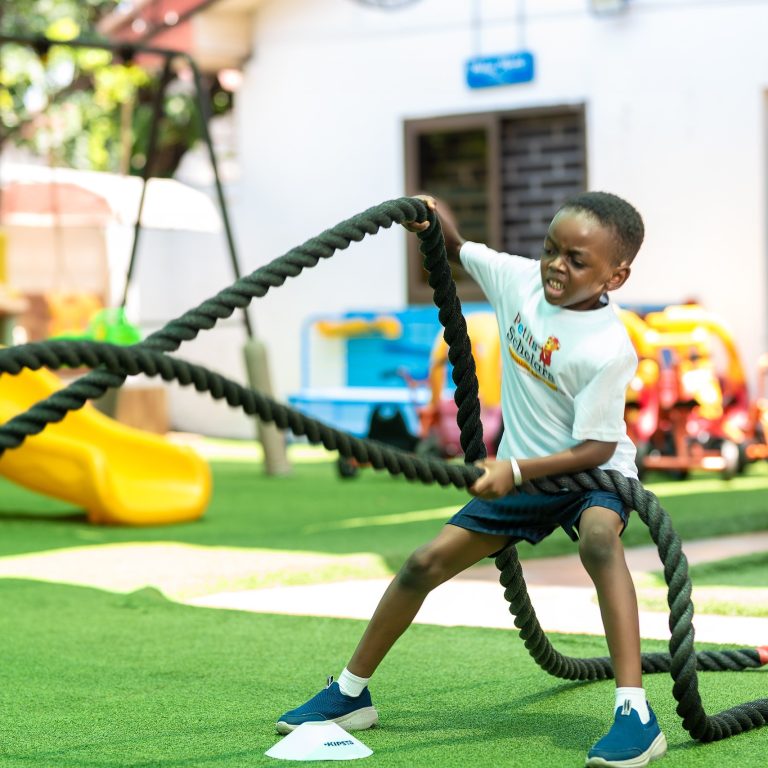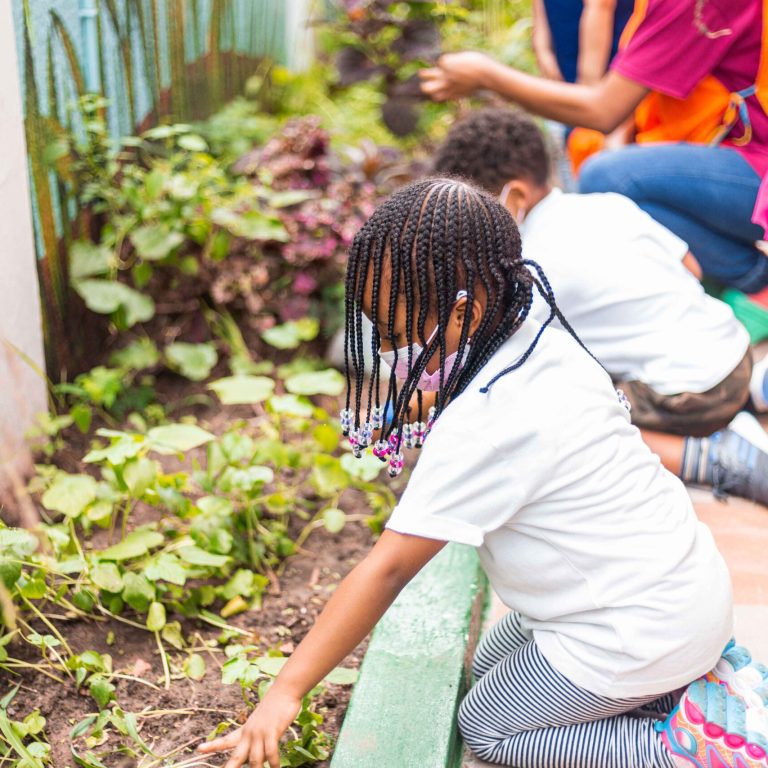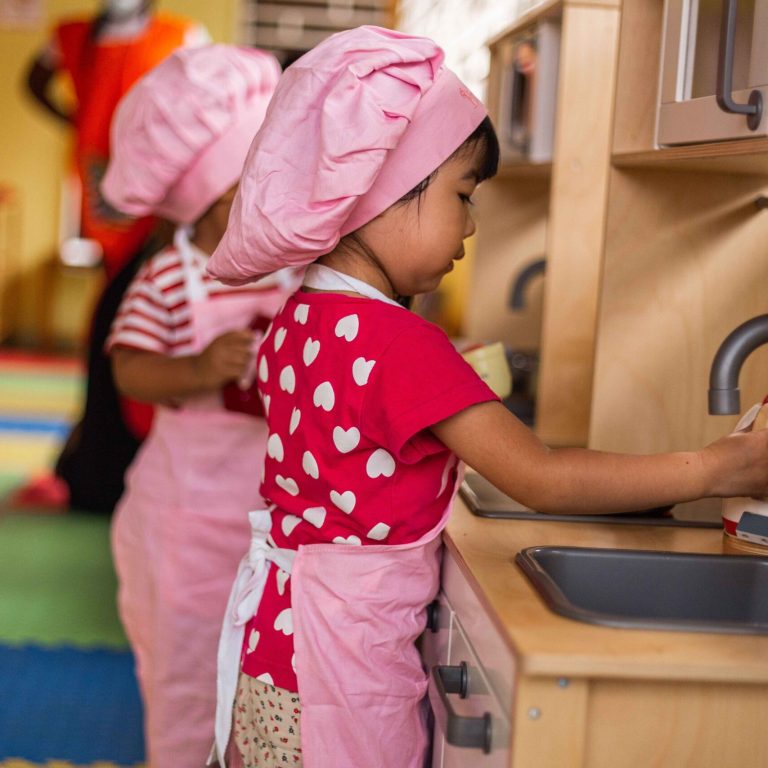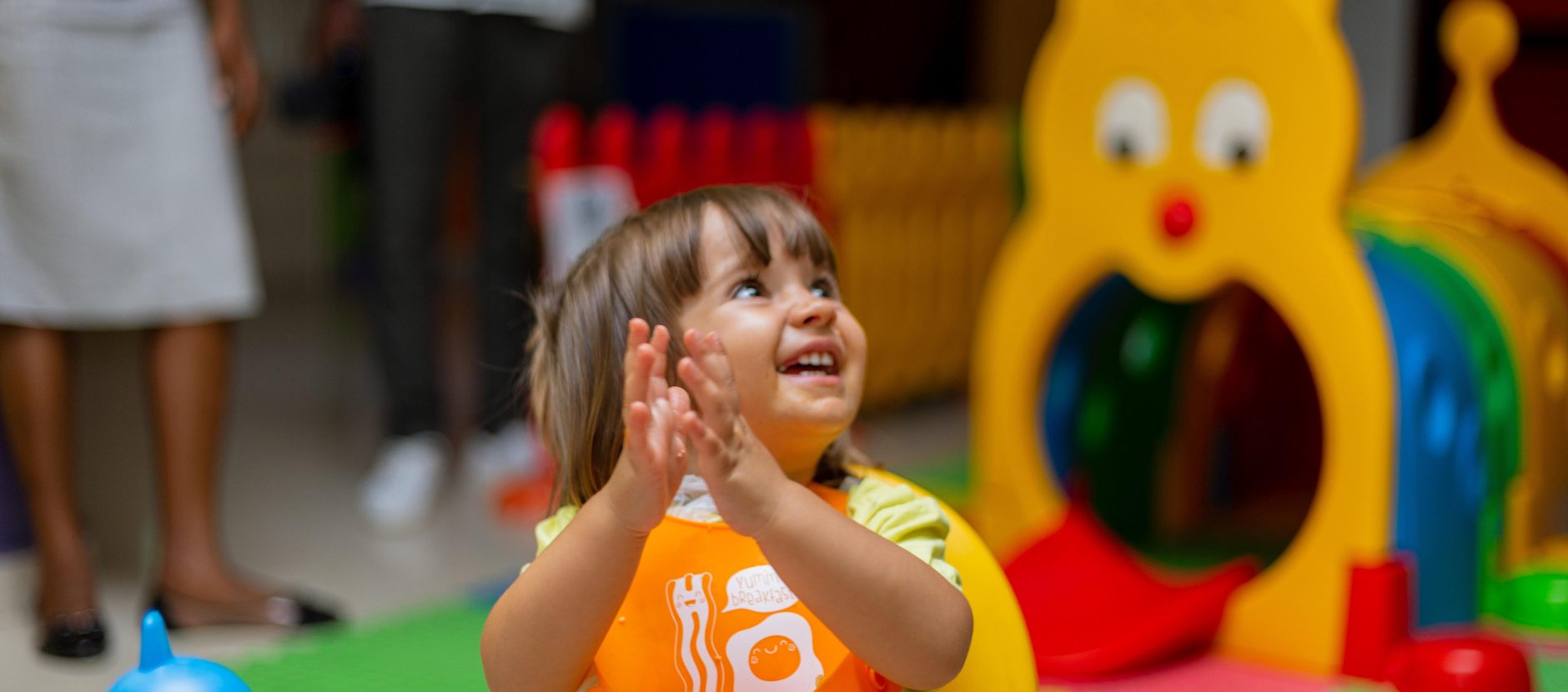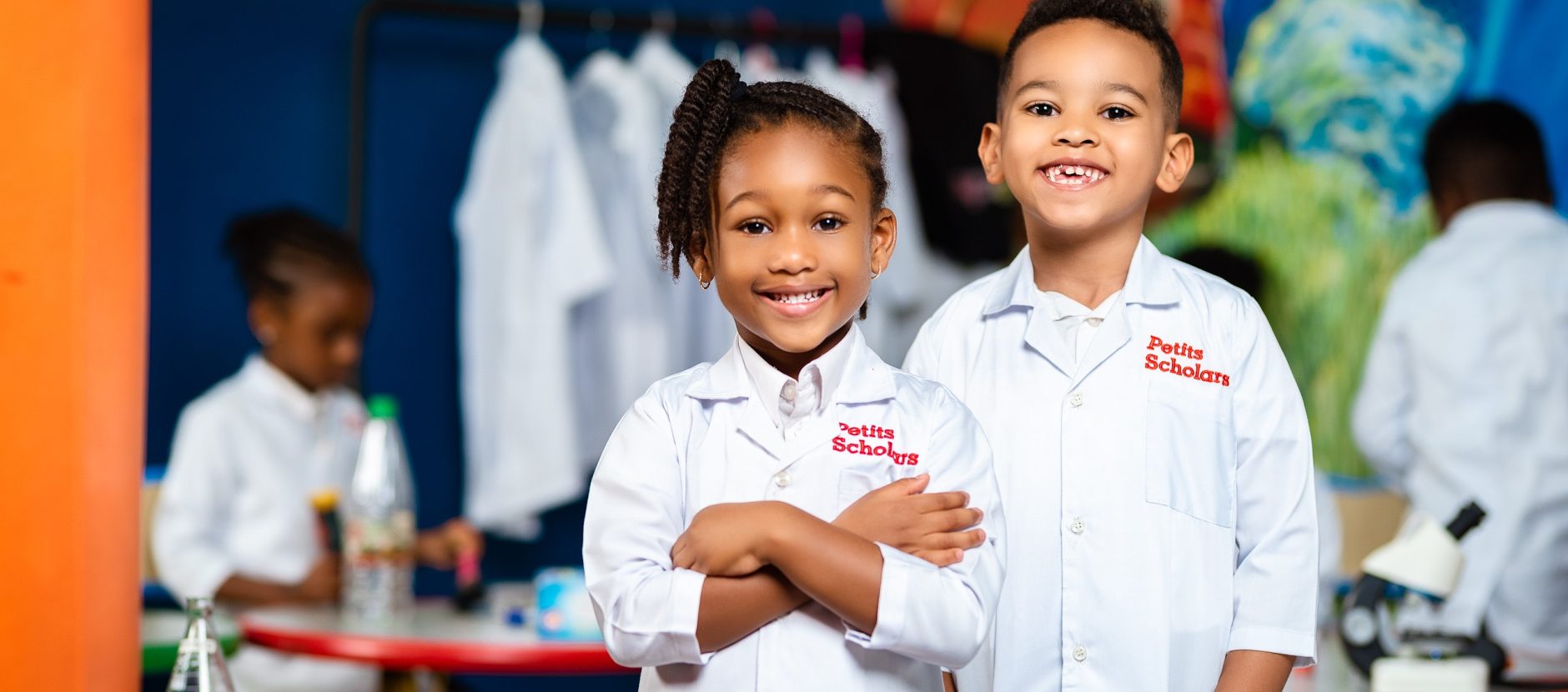Our youngest group of scholars the 1-2-year-olds will enjoy fun-filled creative days of fun, excitement, love and nurturing. Our full equipped tiny room caters to all your child’s needs, from our sensory equipment to aid early development to our safe and hygienic changing facilities and age-appropriate feeding equipment. Our Tiny scholars have the right to start on their exciting journey of discovery.
Tweenie Class:
Our 2-3-year-old Tweenies are now growing in their imagination and curiosity. Speech is rapidly developing and the interest in independence blossoming. Our Tweenie team of attentive staff will work with our Tweenies to potty train, encourage self-care e.g. dressing, putting on shoes and eating independently. Tweenie scholars continue with a range of practical life and sensory activities to further develop both fine and gross motor skills.
Preschool Class:
In the Pre-school Room, our 3-4-year-olds will have the opportunity to experience a range of activities which cover all the 7 areas of the EYFS curriculum. At this stage, children are expected to be fully toilet trained and out of diapers. Preschool will be introduced to early reading, writing, and mathematics. These activities are delivered in a fun, relaxed manner allowing all children to learn naturally through play. Each child is encouraged to learn at their own pace within their own capabilities.
Reception Class:
Our 4-5-year-olds are now in preparation for primary school. Having experienced all the growth and development throughout the previous years, the reception class will now be introduced to science, physical education and further the stages of the Jolly phonics literacy program. Reception class also embark on exciting excursions outside of school to further support their learning. Within this year our Scholars undergo a short assessment to ensure all of the Early learning goals have been met. At the end of the reception year, our Scholars work towards an amazing graduation ceremony. During the ceremony, we celebrate their achievements and give them a wonderful send off to their new school of choice
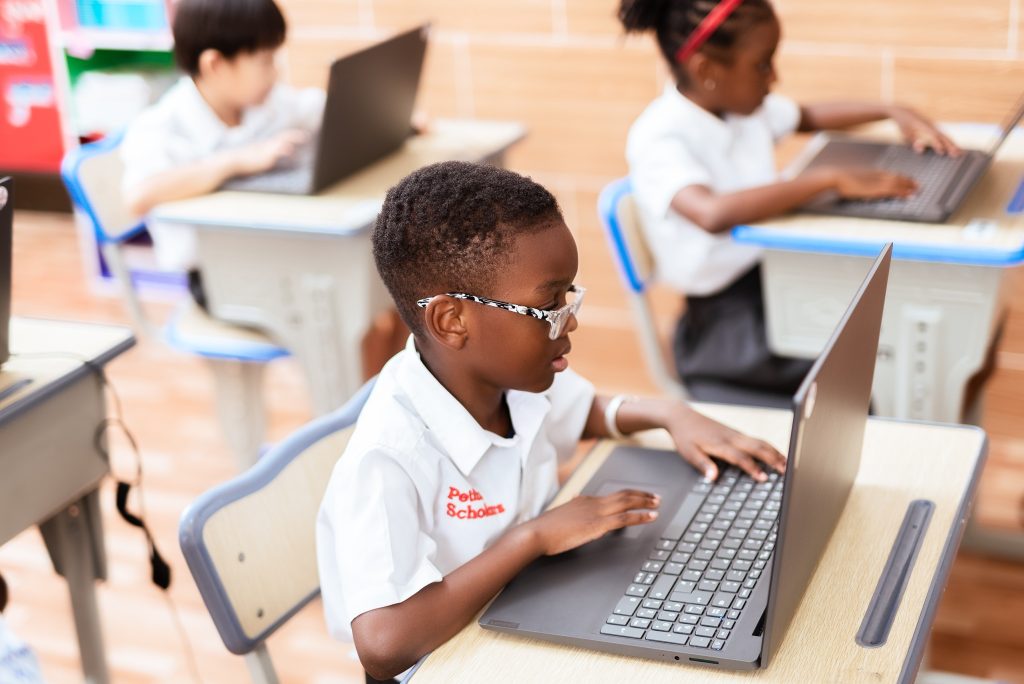
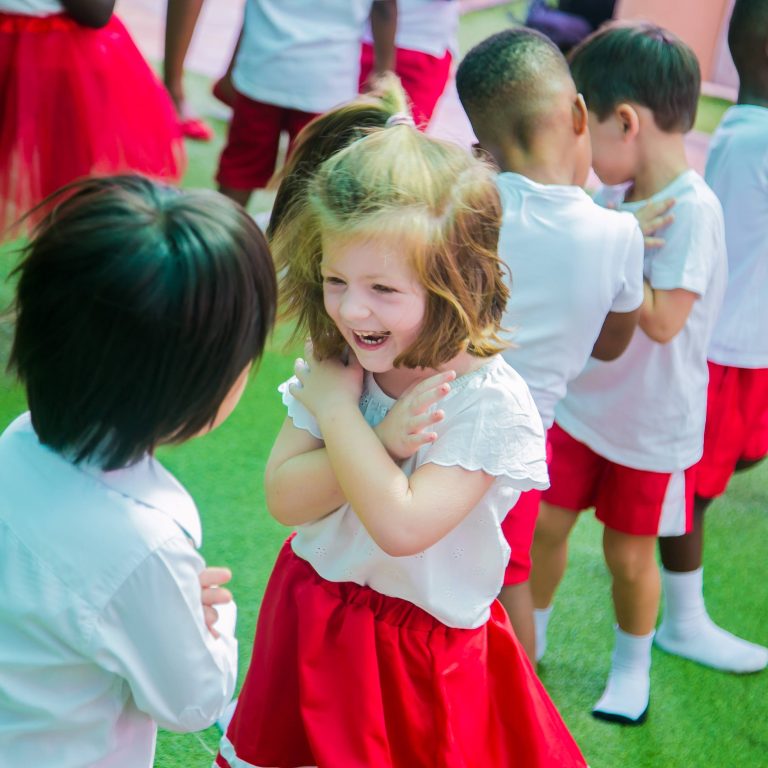
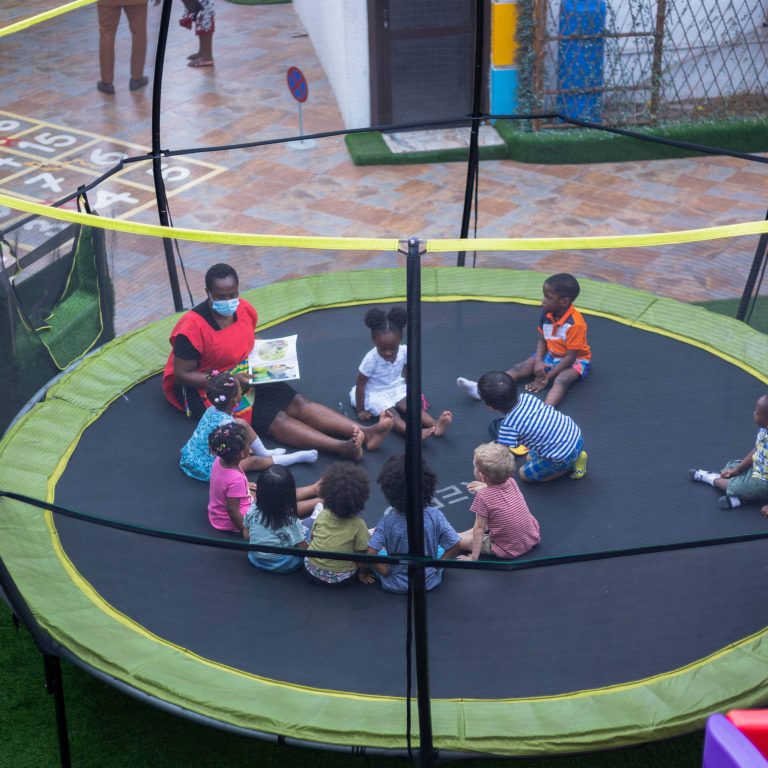
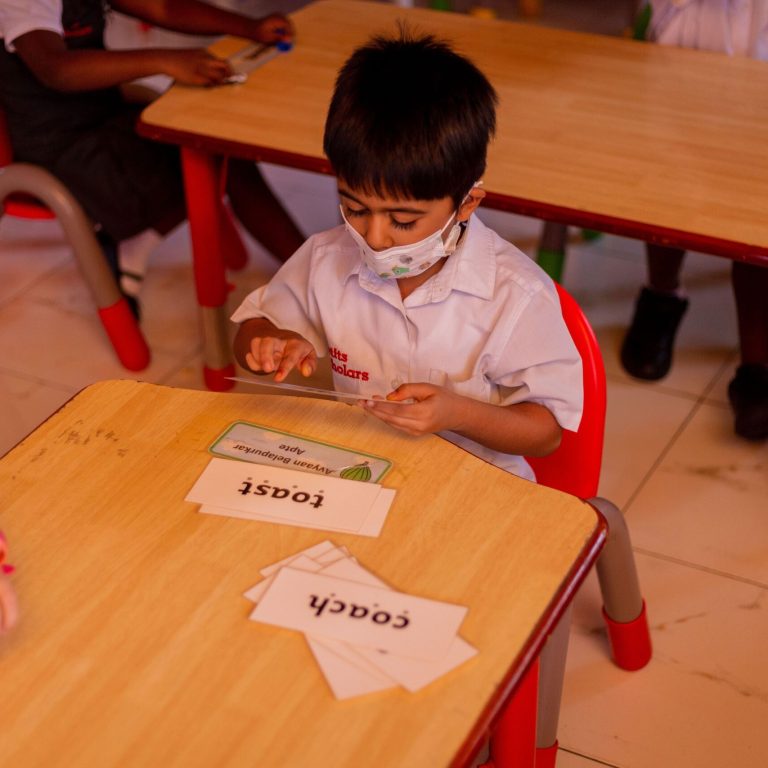
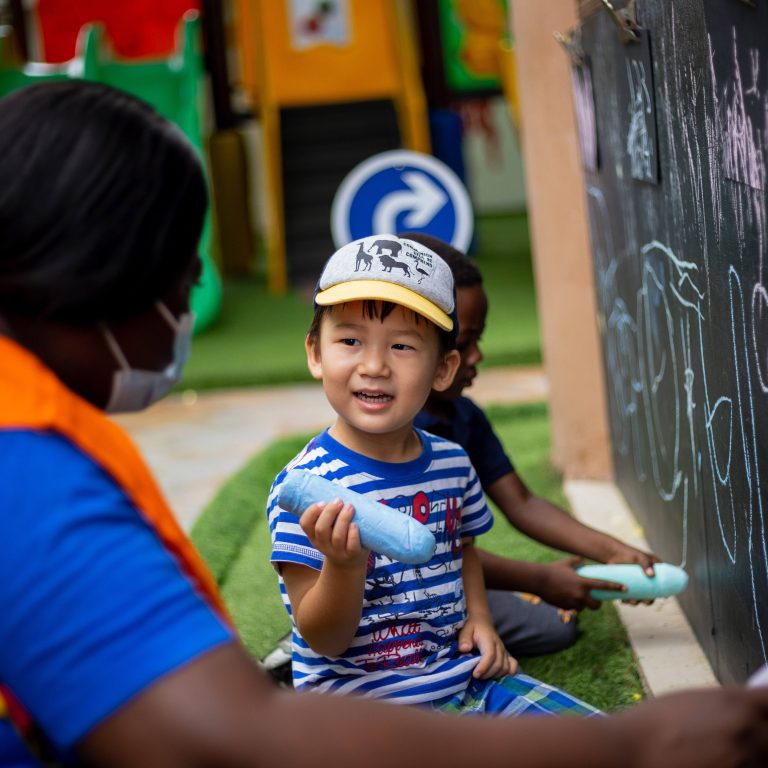
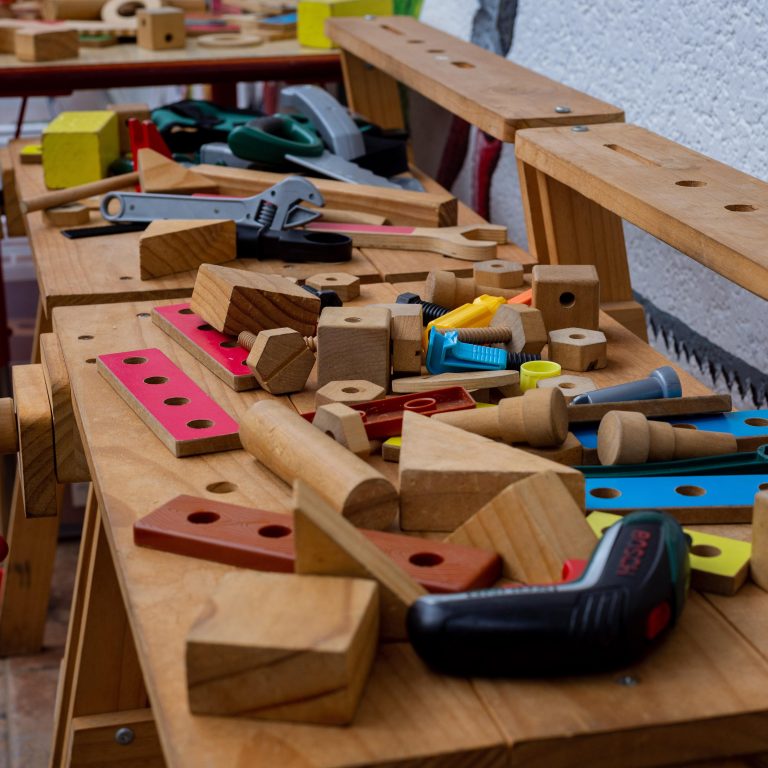
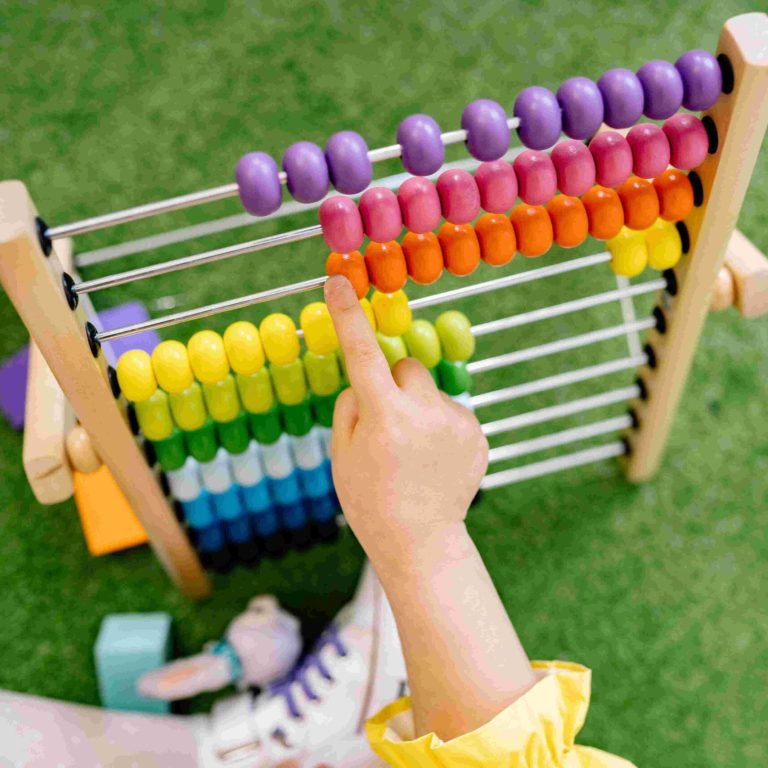








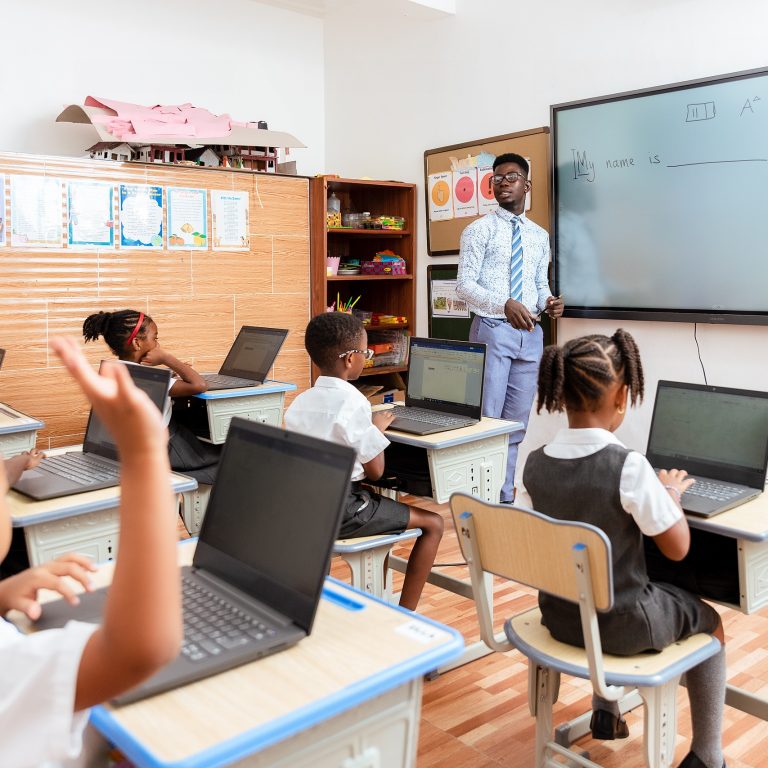
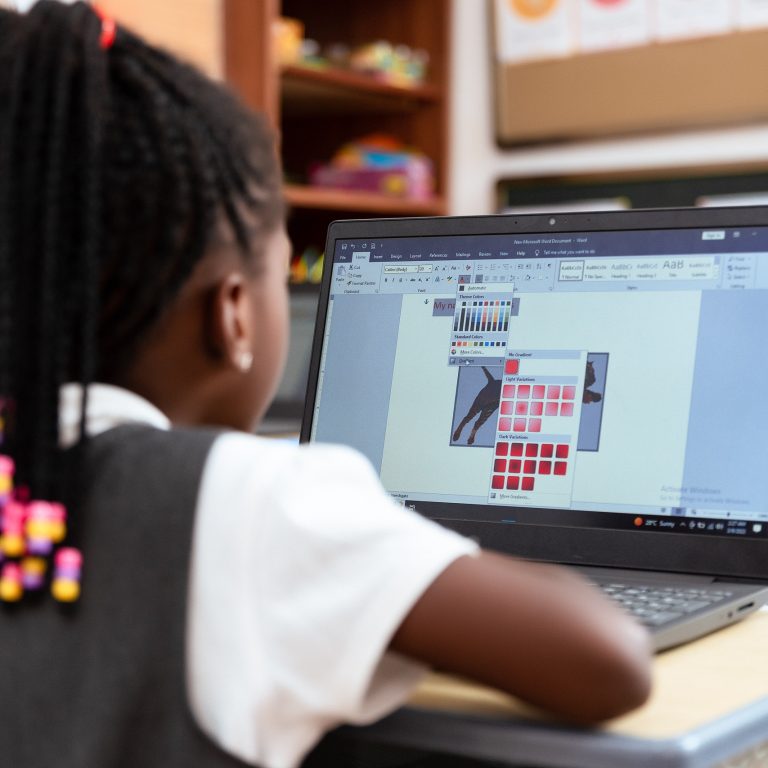
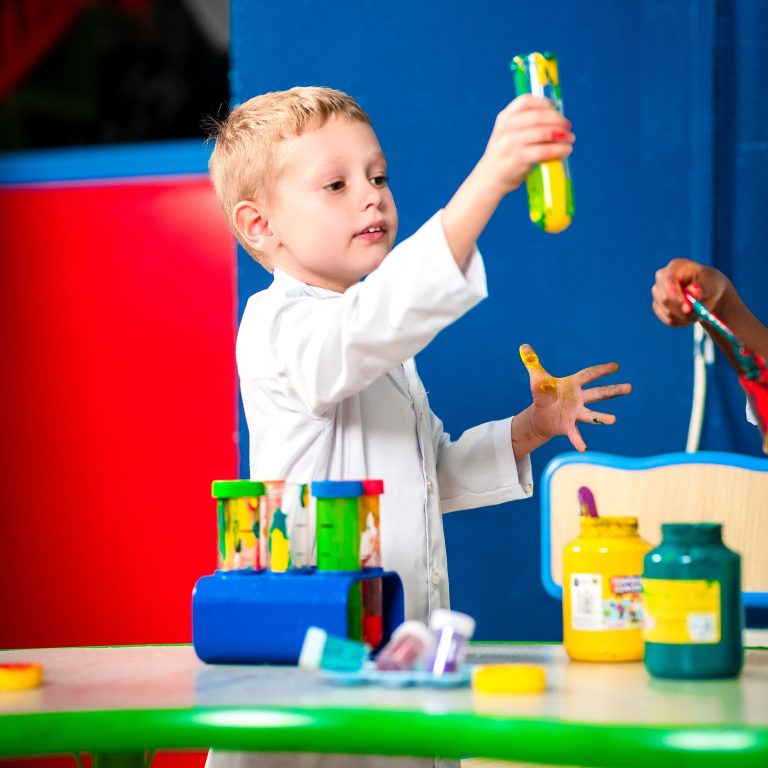

 French
French Spanish
Spanish

 Twi
Twi